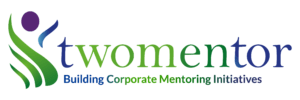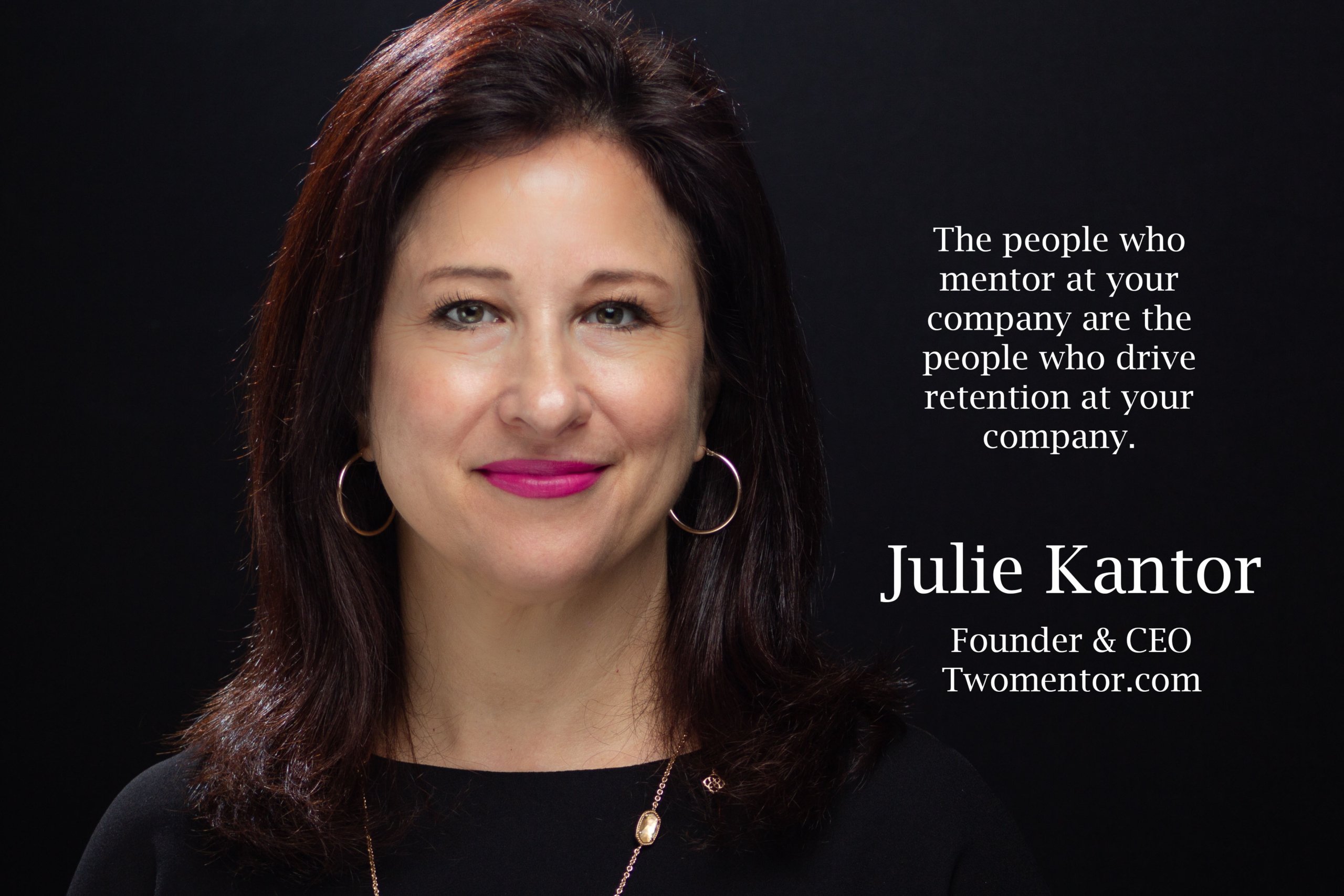
Written by Mackenzie Moore
Most of us have seen the stats out there about women in the workplace: women comprise 50% of the workforce but are underrepresented in top management and STEM fields. Historically, it was considered a pipeline issue: since women entered the workforce after men, they just needed more time to be recruited, educated, trained, and propelled to the top. In the late 1980s, the term ‘the glass ceiling’ was coined by Marilyn Loden. The glass ceiling describes how women are present in the workforce but are disproportionately represented in senior positions. Mentorship has long been recognized as one effective way of advancing women and minorities professionally. New research, just published in January of 2019 by the Center for Talent Innovation, shows that another form of support is also effective in recruiting and retaining a more diverse, hardworking and productive workforce. It is called sponsorship.
I was 18 years old and fresh out of high school when I was sponsored for the first time. I was four months into a six-month-long internship and was itching to move to the next level. I loved the work I was doing and felt challenged, motivated, and proud of myself. I was anxious that my internship was ending in two months and I wasn’t ready to leave work. But I was young, and the other full-time associates had all graduated from university already. I did not feel equipped and worried my request to be hired as an associate would be met with a hard “no”. One day, I worked up the courage to talk to Julie about it. She responded with warmth, positivity, and enthusiasm. Julie expressed wanting to work with me more and clearly outlined what I needed to improve in order to earn my position as an associate. Then, three months later, she walked into the CEOs office and told the CEO that she should hire me to be her associate of business development. I spent the next eight months working closely with Julie and even received another promotion to the managerial level. Julie believed in me, mentoring me on business, executive presence, sales, and so much more. She went beyond mentorship though and championed me for a job I likely could not have gotten without her recommendation. This is the value of sponsorship: it is the boost that the less obvious, but still very capable employees need to get themselves to the next levels in their careers.
A sponsor is someone who champions their protégé for a job, promotion, stretch assignment, or other professional opportunities. It is not to be confused with mentorship, as mentors focus more on guiding, teaching, or preparing their proteges. The Harvard Business Review defines mentoring as “offering ‘psychosocial’ support for personal and professional development, plus career help that includes advice and coaching.” In comparison, sponsors advocate for their protégé’s advancement and take an active role in their career progression. The HBR notes that while the majority of people find mentorship to be more enjoyable than sponsorship, sponsors are critical for increasing diversity in the upper ranks of businesses. We need both mentors and sponsors: the mentors help us excel in our jobs and give us the knowledge and support to be ready for the next promotion, while the sponsors help us get the promotion and move to the next level in our careers.
Across the board, research has shown that sponsorship is a game changer for recruiting and retaining more women and people of color in the workforce. The Center for Talent Innovation (CTI) published The Sponsor Dividend (again…just last January!) and found that employees in large companies who have been sponsored are happier with their rates of advancement than non-sponsored employees—across both gender and race. For example, 68% of women with sponsors are pleased with their rate of advancement as opposed to 57% of women without sponsors, and 56% for sponsored people of color are happy as opposed to 34% without sponsors.
Not only are women with sponsors being championed behind closed doors more, but they also push themselves forward more than women without sponsors. Women who have sponsors are 27% more likely than those without sponsors to ask for a raise, and 22% more likely to ask for ‘stretch assignments’. The same study also found that 85% of mothers who are employed full-time continue working, whereas only 58% of mothers without a sponsor will continue to work (a 27% differential!).
By the way, sponsorship is not only good for the protégé; it is also good for the company as sponsored employees become more well-rounded individuals and are more prepared to be leaders. The same research by the CTI found that employees who are sponsored are more aware of their junior colleagues’ concerns, a trait which is important for high-performing managers. 41% of employees who have been sponsored will pick up a task they do not enjoy doing, as opposed to 26% of employees without sponsors. Furthermore, 43% of sponsored employees have expanded knowledge of their customer bases, as opposed to only 26% of non-sponsored employees.
This is the good news: sponsorship works! So, what is the bad news? Women and minorities are not sponsored enough. The CTI also found that 71% of sponsors are the same gender or race as their primary proteges. Given the lack of diversity in the upper levels of corporations and STEM fields, women and people of color are missing out on sponsorship opportunities.
Research from Catalyst (published in a report by Bentley University) found similar results, noting “Men’s ‘mentors’ are actually more senior, more influential, and have access to a wider network than women’s mentors. In other words, men’s ‘mentors’often really sponsor and that is the critical difference. When women have sponsors, women are just as likely as men to be promoted.”
Another report by Lean In and McKinsey found that in entry-level positions, women and men have relatively similar levels of interaction with senior leaders, but by the time employees reach the senior management level, men have significantly more interaction with senior leaders on a weekly basis than women (62% of men interact with senior leaders at least one time per week as opposed to 51% of women).
The finding that women have less access to mentorship and sponsorship from senior leaders is echoed across studies. Herminia Ibarra, Nancy Cater and Christine Silva published in the Harvard Business Review that women and men have access to very different kinds of mentorship. Men were mentored by a CEO or senior executive 9% more often than women were, and women were more frequently mentored by nonmanagers or first-level managers.
Moving forward, women need more access and connection with senior executives. The progress will come from both sides: it will come from senior executives reaching out to mid-level women and minorities, getting to know them, and championing them into higher positions. It will also come from women reaching out, embracing sponsorship and actively seeking out sponsoring relationships.
###
Mackenzie Moore is a Senior Associate at Twomentor LLC. In 2018 we build a Mentor 2.0 Training (Mentorship + Sponsorship) for leaders to sponsor and mentor more diversely. Contact: info@twomentor.com or 1800 5 MENTOR




